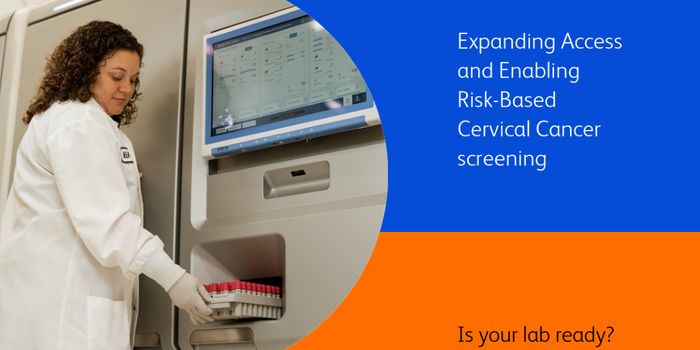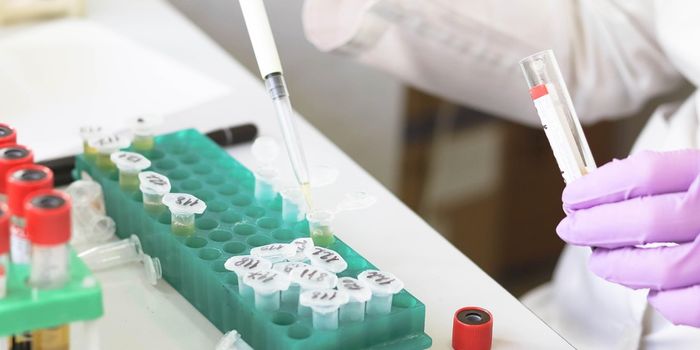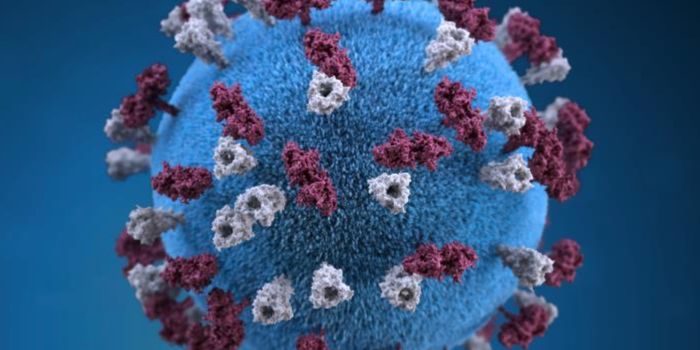Detecting Inflammation in a Totally New Way
Inflammation serves crucial biological functions, such as in the response to infections and healing. But persistent or uncontrolled inflammation can cause serious problems, and inflammation has been called the cause of all diseases. Since so many diseases have a inflammatory aspect, scientists looked for better ways to identify specific disorders with inflammatory biomarkers. Reporting in the Proceedings of the National Academy of Sciences (PNAS), researchers have created a method that can find inflammation with antibodies. This effort may eventually lead to blood tests that can diagnose specific disorders, or identify novel drug targets.
"This research opens up an amazing number of pathways for future studies," said senior study author Greg Tochtrop, a professor of chemistry at Case Western Reserve University. "It will lead directly to better understanding inflammation and detecting diseases, as well as to discovering new drugs."
Reactive oxygen species (ROS) are chemicals that can help kill pathogens, but can also cause problems for cells by damaging DNA, proteins, and lipids. High levels of ROS can damage tissues.
In this work, the researchers revealed how ROS reacts with a fatty acid in cell membranes called linoleic acid. Compounds called epoxyketooctadecanoic acids (EKODEs) are generated in the process, and that can attach to biomolecules like proteins, RNA, and DNA.
A reaction was revealed that happens between EKODEs and a nucleic acid called cysteine to generate a stable bond. The newly formed compounds can build up in tissues in the body where oxidative stress is occurring, such as the brain, heart, liver, and other organs.
The investigators created antibodies for these compounds; the antibodies can detect different EKODEs in mouse and human tissues. An EKODE test might be able to find tissus in which there is unusual oxidative stress.
"What makes this so interesting and so potentially valuable is that we could detect unique compounds and concentrations in different tissues and organs, which means that you could potentially detect a variety of diseases with a blood test," explained Tochtrop.
Now, the researchers want to find EKODE targets that can be used to identify certain diseases, like diabetic retinopathy or age-related macular degeneration, for example.
Drug developers are interested in chemicals called reactive cysteines, and this effort could also aid that goal. "Identifying reactive cysteines is central to drug discovery right now. This could help uncover many reactive cysteines that could be targeted for drug discovery, which is a valuable offshoot of our research."
Sources: Case Western Reserve University, Proceedings of the National Academy of Sciences (PNAS)









